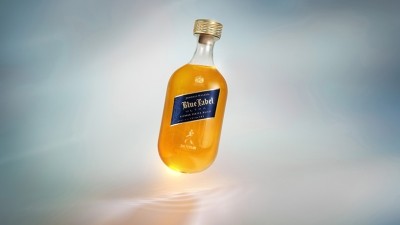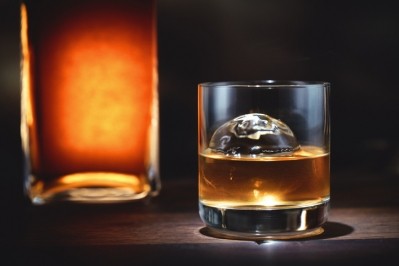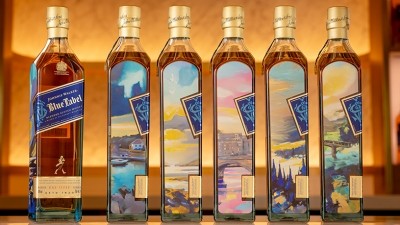Diageo makes another big play in non-alc spirits with acquisition of Ritual Zero Proof

Ritual's portfolio contains alternatives to whiskey, tequila, gin, rum and aperitif, which can all be substituted one-to-one with traditional spirits to create non-alc versions of well-known recipes.
It was founded in 2019 by David Crooch, Marcus Sakey, and GG Sakey; and quickly built up the brand thanks to its taste and availability through different channels.
Diageo acquired a minority stake in Ritual back in FY2020 through Distill Ventures, its accelerator for founder-led drinks brands. Chicago-headquartered Ritual is now the largest non-alc spirit brand in the US; and the sixth largest globally.
Building on Seedlip acquisition
Spirits giant Diageo has already built up a strong position in non-alc, and says this will help it propel Ritual forward.
As the number one non-alc spirits player globally, Diageo holds the leading market share position in the three largest non-alc markets globally: the US, UK and Germany, according to IWSR stats.
It also owns three of the five largest non-alc brands globally by value: Gordon’s 0.0, Tanqueray 0.0 and Seedlip (the former being alcohol-free versions of flagship gin brands; while non-alc spirit pioneer Seedlip was acquired in 2019 after taking a minority stake in 2016).
Ritual co-founder David Crooch will remain actively involved with the brand post-acquisition: and has been named General Manager, Diageo Non Alcohol, to lead the expansion of Diageo North America’s non-alc business unit.
The global non-alc market is already worth around $13bn and is expected to make up nearly 4% of global alcohol category volumes by 2027, according to IWSR.
In the US, the non-alc category has grown retail sales value +31% CAGR over the past five years, with non-alc spirits as the fastest growing segment within adult beverages over that time, according to IWSR data.
And 94% of non-alc buyers also purchase beer, wine, or spirits containing alcohol, and annually U.S. households (21+) purchasing non-alc beverages spend $292 more than households exclusively purchasing alcohol-containing beer, wine or spirits.













